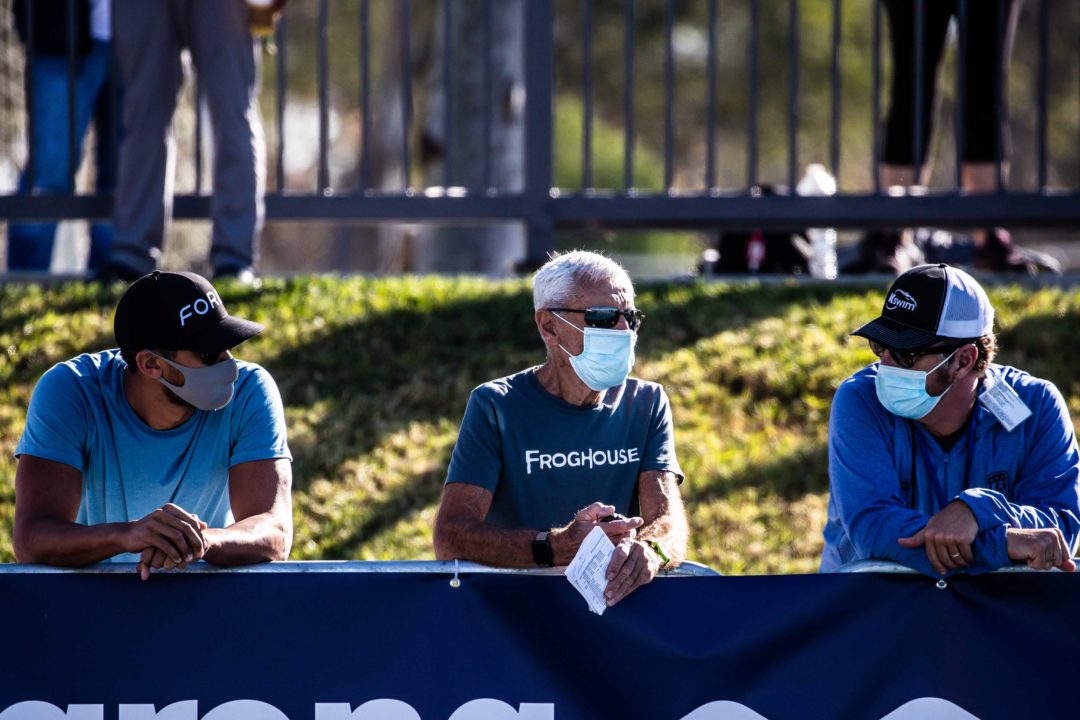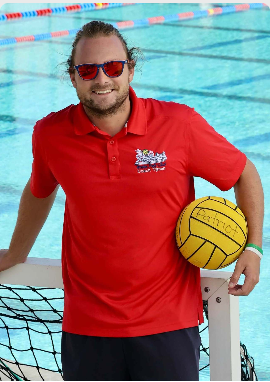Courtesy: Tijmen Egtberts
Coaches are responsible for many different aspects of the development of their athletes. Most notable are the 14 legal duties any coach has with regards to their athletes. Some of the legal duties any coach has with regards to athletic development are the duties to plan, supervise, instruct properly, assess an athlete’s readiness for practice and competition, condition properly, and match athletes based on maturity, age, skill, size and speed.
These duties are legal requirements that force any coach to prepare their seasons based on a scientific basis for athletic development. Many coaches get so caught up in the sport-specific athletic development of their athletes that they forget about other parts of the necessary athletic development of their athletes, like the enjoyment of the sport and the pursuit of excellence. In recent years, this negative trend has become more and more prevalent in youth sports, specifically pre-adolescent athletics. The following will guide coaches in creating a program for pre-adolescent athletes while maintaining John Wooden’s mantra: “Success is a peace of mind which is a direct result of self-satisfaction in knowing you made the effort to become the best you are capable of becoming.”
Pursuit of Excellence
Athletic development is more than running drills, winning games, having the perfect jump shot or scoring goals. Athletic development is the process of learning. Coaches play an enormous role in this development. Coaches are teachers, and like any 5th-grade teacher will tell you, teaching students how to learn is equally important to learning the actual subject, if not more important for future success. When taking this idea to coaching, especially coaching pre-adolescent youth, teaching athletes how to pursue excellence is equally important, if not more important, than ‘creating’ the best players. In order to teach this process, coaches can use Bob Bowman’s book The Golden Rules: 10 steps To World-Class Excellence In Your Life and Work. This book breaks down the pursuit of excellence into three stages: Imagination, Challenge and High-Performance (Bowman).
Imagination
Bowman writes about having a ‘dream big’ approach to anything in life. This is equally true for any young person doing anything. Ask them what their dream is, and often the answer is one of the following: “I want to be the best in the world”,“I want to be in the Olympics”, “I want to be captain of my team”, or “I want to be on the national team”.
The job of a coach is to nurture this dream and help the athlete understand what steps are necessary in order to achieve that dream. One of the most important steps is teaching the athlete how to take risks. Risk-taking is a form of mental development that allows an athlete to trust their training and all they have been taught, visualizing a potential outcome, while also understanding they might make a mistake. Mistakes are a natural part of human development, they should not be shunned. A second step in nurturing the dream is to help the athlete in setting short-term, medium-term and long-term goals. Helping an athlete understand that one year in their life might seem long, but in reality is quite short-term in the overall scheme of their life-long athletic development is one of the ultimate things a coach can do.
Challenge
According to Bowman, maintaining long-term motivation is the hardest part of athletic development. In order for an athlete to maintain this motivation, several things must be in place in the environment. First is an ‘all-in not get-out attitude’ to training and teamwork. Combining this team approach with a daily reinforcement of the vision combines people who challenge themselves every day (Bowman). When dealing with pre-adolescent athletes, coaches need to teach their athletes about responsibility and accountability. When young athletes feel in charge of their own development, and feel like their environment and team are willing to let them learn and make mistakes, they will buy in very quickly. Teaching young athletes that everybody in the program matters, allows them to take responsibility for the development of their teammates and in turn results in more motivated players. Once athletes buy into their own development and the development of their teammates, accountability is easy. These athletes might be young, but they want to achieve greatness and believe they can achieve that dream.
High Performance
Many coaches assume ‘high performance athletics’ revolves around winning championships and perfecting the athlete’s skill set. Bob Bowman, however, defines ‘high performance’ by focusing on three aspects of development: Adversity, Confidence and Celebrating your Achievements (Bowman). This ‘high performance’ coaching can very much be done with pre-adolescents. As a coach, challenging the athletes mentally and physically is key in order to stay motivated and continue improving. Young athletes tend to adapt very quickly, and once they feel like they can overcome challenges they perform with more confidence in their own abilities. This confidence is fostered by the understanding that you are successful when you try your best, without looking at the score or outcome of competition. For young athletes, this is a key step in their mental development. Once they understand this, they are now capable of separating the results of competition from their development as athletes and people, and therefore can celebrate their achievements within the sport more.
Athletic Development for Pre-Adolescents
When creating a program for pre-adolescent athletes, coaches need to understand the multi-fold responsibilities they have. Not only do they need to follow their legal duties, create an optimal plan for athletic improvement, but coaches are also responsible for creating an environment that allows athletes to dream. Young athletes need structure and accountability. They need and want to learn how to do things the right way. They are always looking to understand. By holding athletes accountable to their own dreams and giving them responsibility in the process, young athletes learn how to appreciate this process. Once young athletes appreciate the pursuit of happiness, their potential is truly limitless and their dreams can become reality.
 ABOUT TIJMEN EGTBERTS
ABOUT TIJMEN EGTBERTS
Coach Tijmen Egtberts was born and raised in The Netherlands. He started playing competitive water polo at the age of 8. His talent got recognized at Santa Rosa Junior College where he played for two years and was added to the coaching staff for one year as well. Tijmen continued his education at Concordia University – Irvine where he played water polo for one year and was Senior Captain of the swim team his final year. He graduated in 2016 with Bachelor’s degrees in sports management and psychology. He also holds Master’s Degrees in Coaching and Athletic Administration (MCAA), Business Administration (MBA) and Coaching and Exercise Sciences (MCSE). As a coach, Tijmen has 14 years of experience in coaching and in 2017 he coached a 10U team that won the gold division at NJO’s. In 2019 his team from Patriot Aquatics got 3rd place and in 2021 Tijmen coached both 10u girls and 10u mixed to become national champions. That was the first time in USA water polo history two teams from the same club won JOs at the 10u level. That was followed up by another National championship in 2022. Coach Tijmen is looking to bring the first ‘three-peat’ in USA water polo history with his 10u team this 2023 season.


Excellent article!